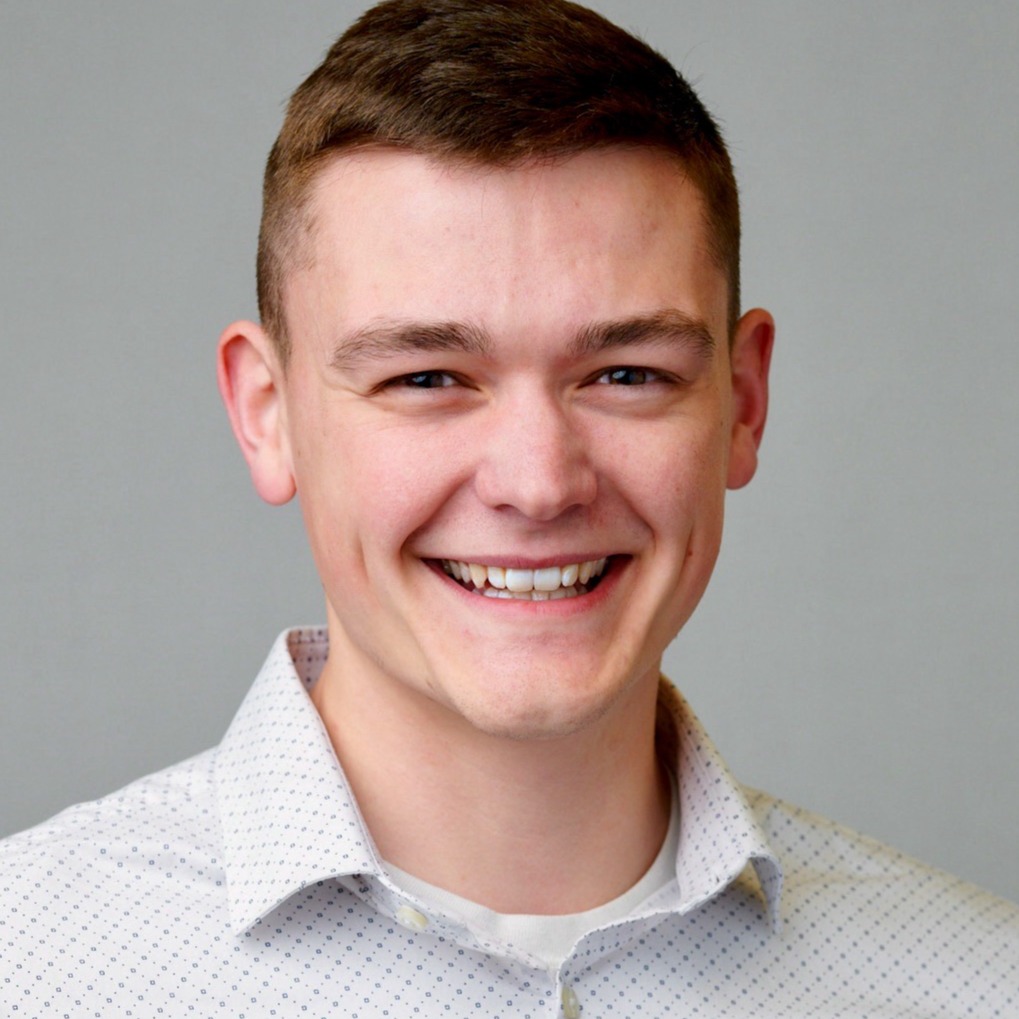
Thomas I
- Research Program Mentor
PhD candidate at Massachusetts Institute of Technology (MIT)
Expertise
Physics: semiconductor, quantum, astrophysics, electromagnetism, nuclear. Mathematics: algebra, calculus, data set manipulation with code. Computer science: AI model training and testing, ML applications and integration. Mechanical engineering: Heat transfer, fluid mechanics, designing practical experiements/tools
Bio
I am currently a Ph.D. student in Mechanical Engineering at MIT, where my research focuses on improving energy efficiency and sustainability in thermal and industrial systems. Specifically, I investigate methods to enhance cooling performance using novel phase-change materials and strategies to increase the efficiency and recyclability of industrial processes through electrochemical approaches. During my undergraduate and master’s studies, I gained diverse technical experience through an internship at Northrop Grumman, where I explored applications of AI and machine learning, and through academic research in experimental solid-state physics, studying heat transfer in semiconductors. I also collaborated with my local city government, applying mathematics and programming to analyze and improve the city’s electrical and mechanical infrastructure. Outside of my research, I enjoy staying active, being creative, and spending time with others. I’m passionate about fitness and endurance sports, having completed ultramarathons and Ironman triathlons. Music is another important part of my life; I am a member of the 215th Army Band, where I play the tuba and trombone. I also love exploring new places with friends and family, as well as immersing myself in stories through audiobooks, anime, and podcasts. Above all, I’m a curious and motivated learner who enjoys discovering new ideas both inside and outside the lab.Project ideas
Mathematics & AI — Predicting the Future with Data
Field of Expertise: Mathematical modeling and machine learning. What Students Will Learn: How data patterns can be used to make predictions. Process: Students collect simple datasets (like local temperature trends, sports stats, or school performance data) and use basic regression or online AI tools to make short-term predictions. They analyze uncertainty and data limitations. Student Outcomes: A research paper or visual dashboard explaining their model, predictions, and insights.
Mechanical Systems — Smarter Energy Storage
Field of Expertise: Renewable energy and mechanical design. What Students Will Learn: The principles of energy conversion and storage (mechanical, thermal, or electrical). Process: Students research how batteries, flywheels, or compressed air systems store energy and propose an innovative or improved concept for small-scale renewable storage. Student Outcomes: A technical concept report, sketch, or 3D model illustrating their proposed solution.
Engineering Physics — Building a DIY Heat Engine Model
Field of Expertise: Thermodynamics and mechanical systems. What Students Will Learn: How engines convert heat into motion and how efficiency is measured. Process: Students research different types of engines (Stirling, steam, internal combustion) and build or model a small-scale heat engine using simple materials or simulations. Student Outcomes: A prototype or simulation with an accompanying technical explanation of how energy is transformed.